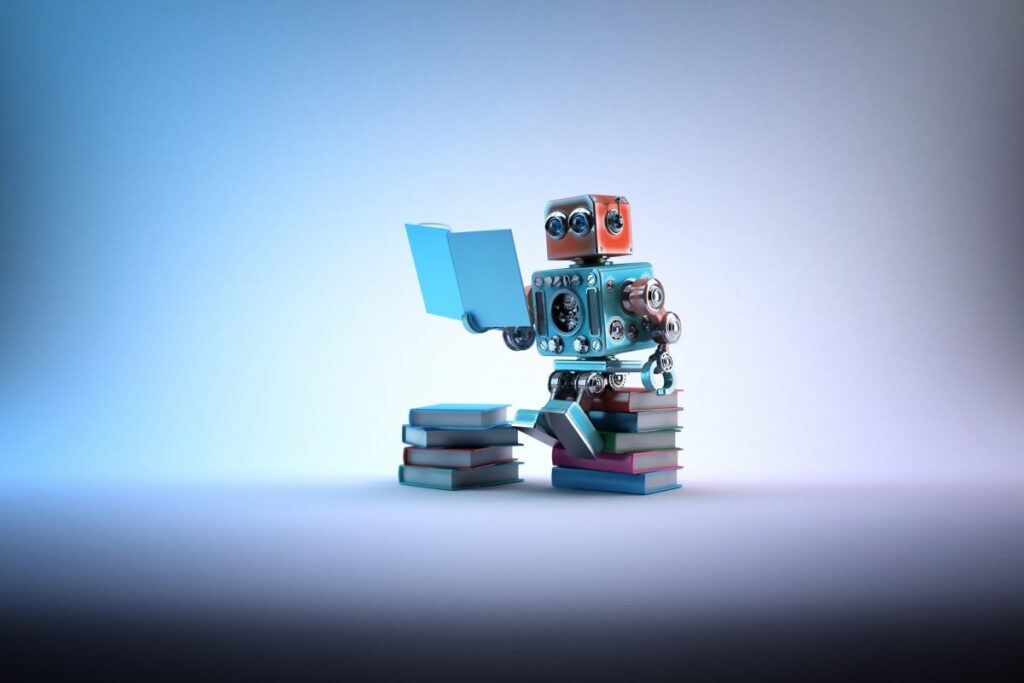Penguin Random House Takes a Stand Against AI Training with Copyright Update
In an exciting move within the publishing industry, Penguin Random House is stepping up to protect the rights of authors and creatives by modifying its copyright pages. According to reports from The Bookseller, the trade publisher is now embedding specific language to prevent its books from being used in the training of artificial intelligence (AI).
A Clear Stance on AI Training
The new statement, prominently featured on the copyright pages of both upcoming and reprinted titles, reads: “No part of this book may be used or reproduced in any manner for the purpose of training artificial intelligence technologies or systems.” This is a significant stance, particularly in a landscape where the line between creative use and copyright infringement is becoming increasingly blurred as AI technologies evolve.
The Bigger Picture
Currently, the issue of using copyrighted material for AI training is at the forefront of various legal battles. However, Penguin Random House stands out as the first major player in publishing to formally address these concerns in such a direct manner. This proactive approach signals a shift in how traditional publishers are navigating the challenges posed by new technologies.
Balancing Act: Embracing AI Responsibly
While Penguin Random House is setting clear boundaries regarding copyright, it’s not entirely turning its back on the tools provided by AI. Back in August, the publisher shared its initial stance on generative AI, emphasizing a careful and considered integration of these technologies into their work. They committed to "vigorously defending the intellectual property that belongs to our authors and artists" but also expressed a willingness to leverage generative AI "selectively and responsibly" when it aligns with their publishing goals.
Real-Life Implications for Readers and Writers
Imagine picking up a novel you’ve long anticipated, only to find a statement that clearly outlines how the publisher protects the content from being misused by advanced technologies. This holds significant weight not just for readers who cherish the written word, but also for writers who want assurance that their creative output is safeguarded against unauthorized exploitation.
Why This Matters to You
For those of you following the rise of AI, this development is a noteworthy chapter in the ongoing conversation about the responsibility of publishers and the protection of intellectual property. As AI becomes more integrated into various aspects of society, questions about the ethics of using existing content for training models become increasingly pertinent.
Conclusion: A New Era for Copyright and AI
As we navigate this exciting yet challenging era, it’s encouraging to see a company like Penguin Random House taking such a definitive stance. This not only protects authors but may also influence how other publishers approach the intersection of creativity and technology in the future.
The AI Buzz Hub team is excited to see where these breakthroughs take us. Want to stay in the loop on all things AI? Subscribe to our newsletter or share this article with your fellow enthusiasts!




